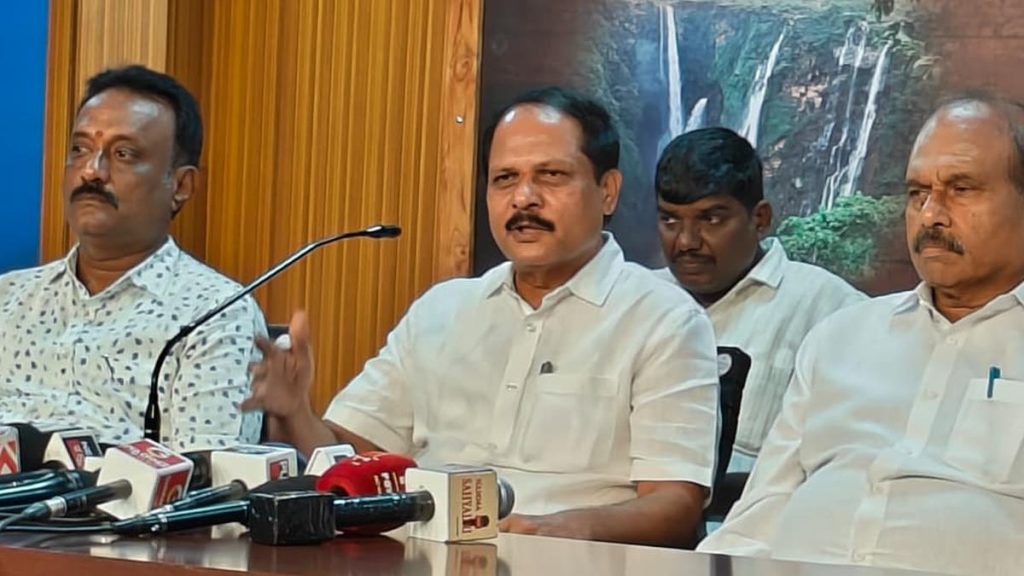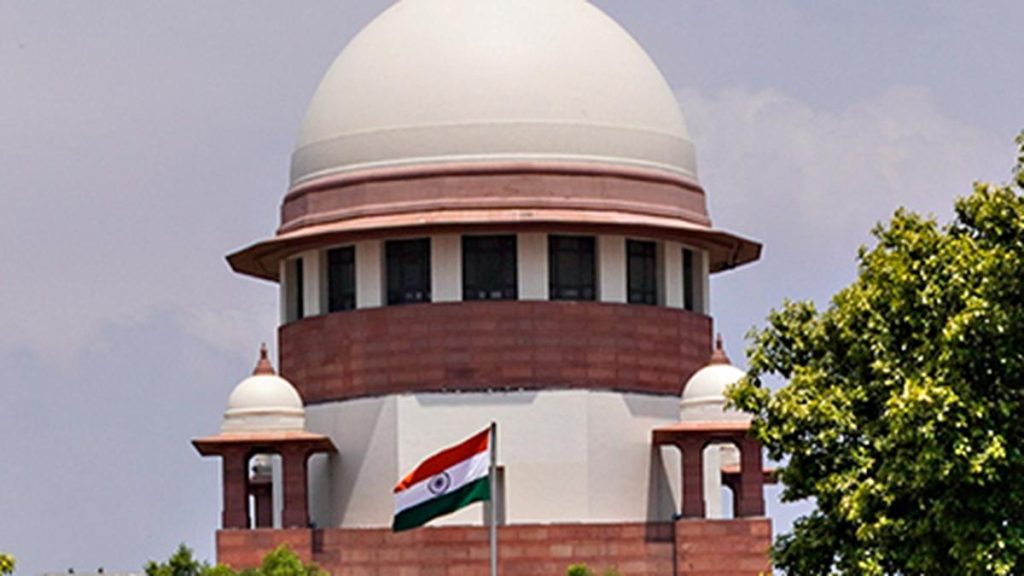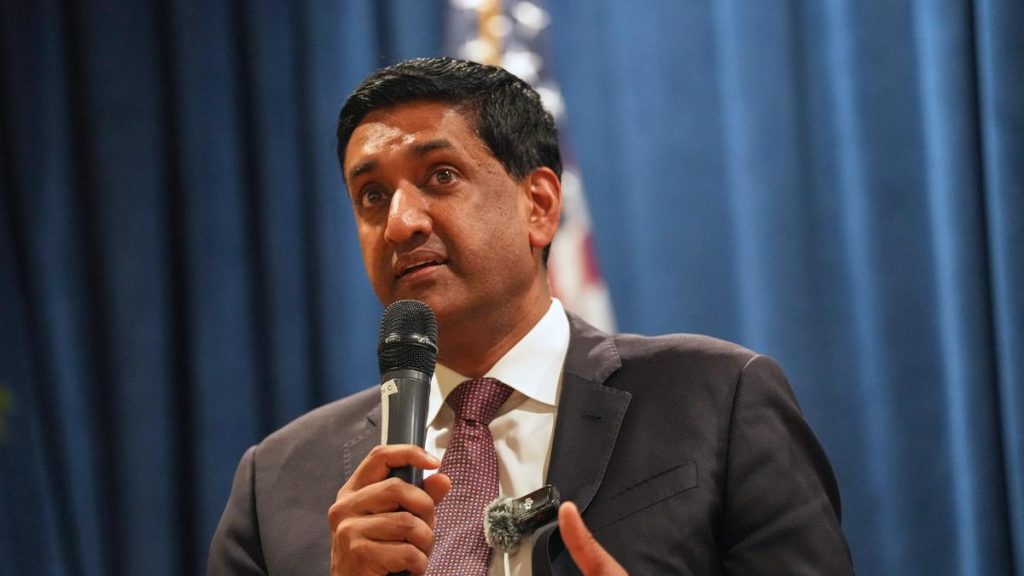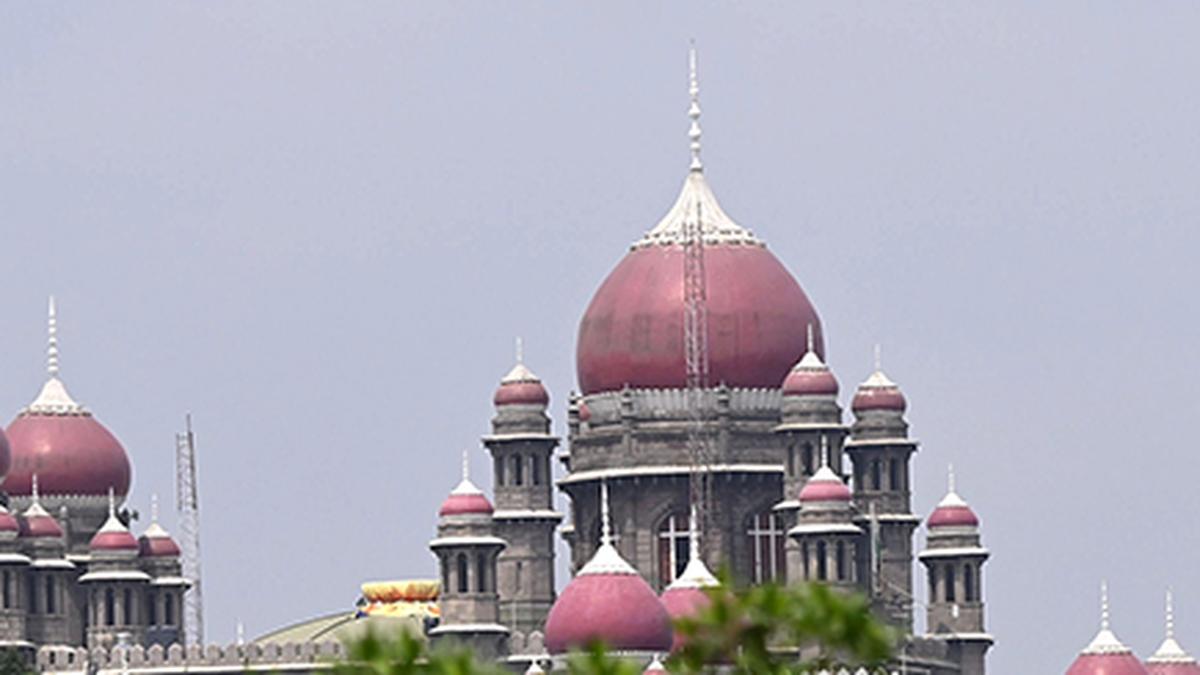Now Reading: DVAC Names AIADMK MLA S.P. Velumani in Corporation Contract Irregularities Case
-
01
DVAC Names AIADMK MLA S.P. Velumani in Corporation Contract Irregularities Case
DVAC Names AIADMK MLA S.P. Velumani in Corporation Contract Irregularities Case
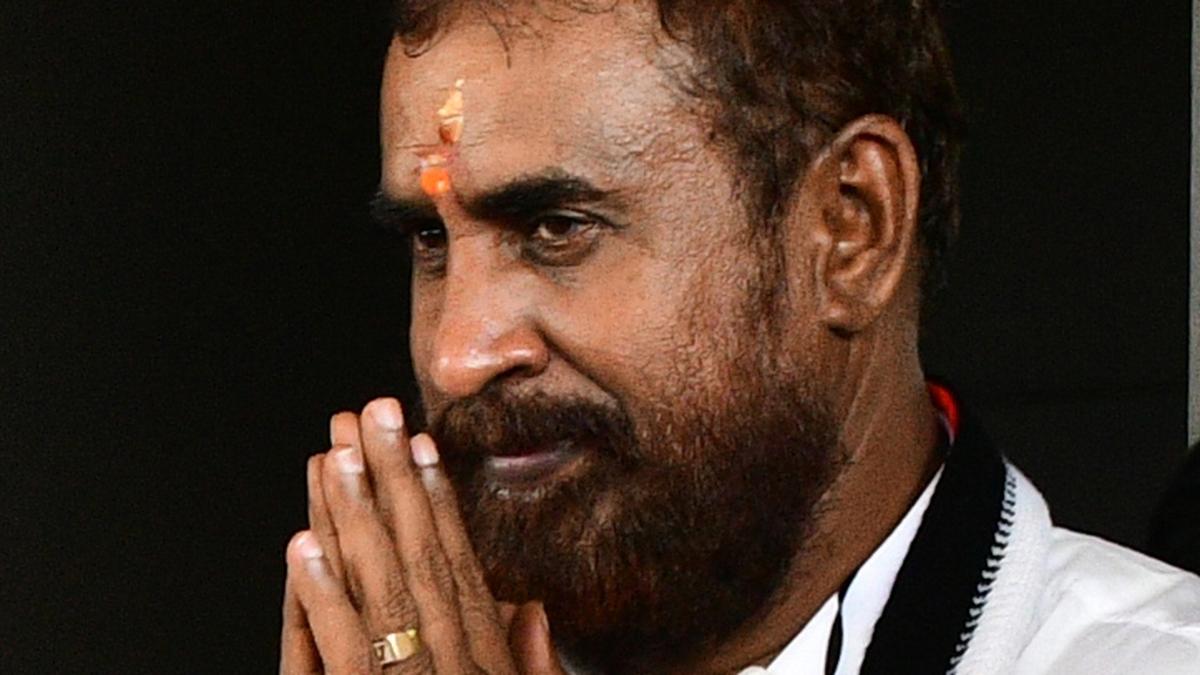
quick Summary
- The Directorate of Vigilance and Anti-Corruption (DVAC) has named AIADMK MLA and former Minister S.P. Velumani as an accused in a ₹98.25 crore corporation contract irregularities case linked to his tenure as Tamil Nadu’s Municipal Management Minister (2014-2018).
- Legislative assembly Speaker M. Appavu granted prosecution sanction against Mr. Velumani on february 12, 2024, after initial FIR allegations in 2021 were quashed by the Madras High Court in November 2022 due to lack of prima facie evidence at that time.
- Complaints filed by anti-corruption organization Arappor Iyakkam alleged corruption in awarding contracts related to road relaying, garbage clearance staff hiring, and outsourcing nurses for urban health centers across Greater Chennai and Coimbatore Corporations.
- DVAC submitted three separate charge sheets containing voluminous documents before a special court for MP/MLA cases; delays occurred due to defects being rectified multiple times.
- Sanction from the Center is pending for prosecution of two IAS officers involved despite reminders, while prosecution against other officials has received approval from the Tamil Nadu government.
Indian Opinion Analysis
The renewed inclusion of S.P.Velumani in this high-profile corruption case underlines systematic judicial oversight over political accountability mechanisms within India’s democratic framework. While earlier concerns about politically motivated accusations were raised during FIR dismissal by the High Court, DVAC’s persistence reflects it’s emphasis on strengthening evidence-based governance integrity efforts rather than speculation-driven accusations.
This matter also highlights challenges such as bureaucratic delays-evident from issues like defect corrections-and dependency on multi-level sanctions (e.g.,waiting for Center’s approval) which affect procedural efficiency in complex cases involving public trust erosion.
If substantiated through thorough trials without partisan interference, this case could set precedents for accountability among senior public servants across India while emphasizing clarity norms that transcend individual rulings or party dynamics.
Read more: The Hindu


